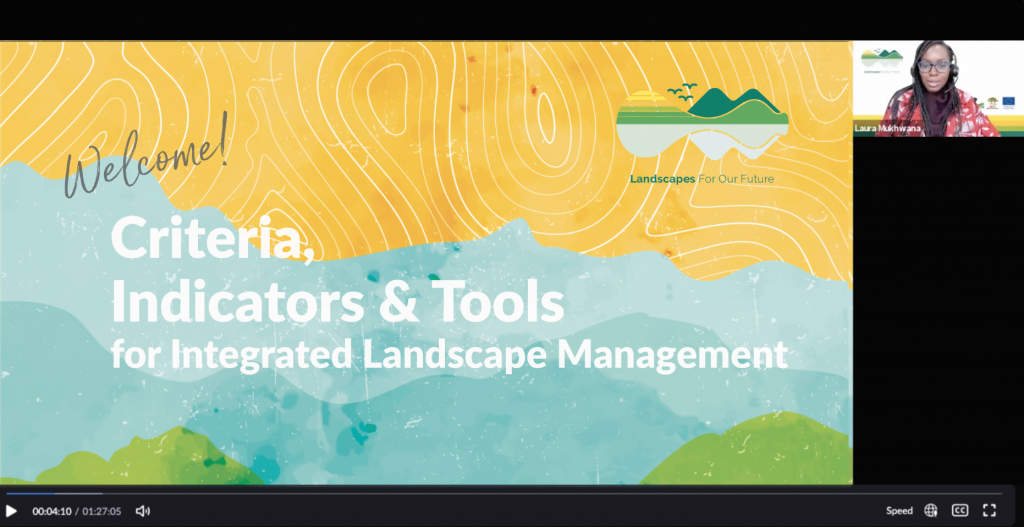
Our Landscape Learning webinar on 6 July provided an opportunity to present the results of a global review of criteria, indicators and tools, and showcase two examples.
Integrated Landscape Management (ILM) has been successfully implemented in various contexts to harmonize conflicting land management goals such as development and conservation. Despite its application in past decades, there is no systematic framework (with generally applicable criteria and indicators) to guide the implementation, monitoring, and evaluation of ILM projects across diverse landscapes and contexts.
A global review was therefore conducted to develop such a framework under the Landscapes For Our Future (LFF) programme. This learning event presented the results of this review and delved into two examples of monitoring tools applied in ILM projects.
View the presentations
Keen to be alerted to future such events?
Please subscribe to our mailing list. (You can unsubscribe at any time. 😊)
About our speakers
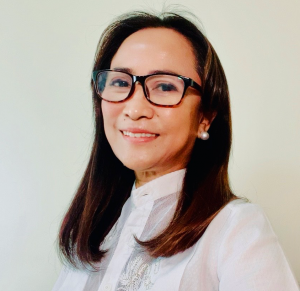
Dr Delia C. Catacutan
Delia is a Principal Scientist at CIFOR-ICRAF, based in the Philippines. Trained in natural resources management, Delia has over 25 years’ research experience in the technical, social and policy dimensions of agroforestry, landscape multifunctionality and integrated natural resources management, in Asia and Africa. Delia is also the lead author of the ASEAN Guidelines on Agroforestry Development. She obtained her doctoral degree in Natural & Rural Systems Management from the University of Queensland, Australia, followed by a post-doc fellowship on Sustainability Science at Harvard University’s Center for International Development.
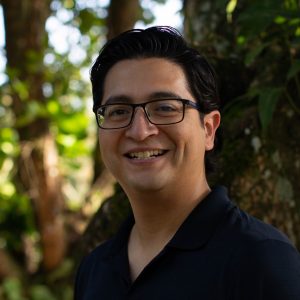
Arturo Tovar
Arturo is the Business Development & Innovation Manager for LandScale, where he promotes the use of the platform in diverse landscapes, builds partnerships with relevant stakeholders and explores different ways to drive financial resources into landscape projects. He has a background in commercial strategy and relationship management, with 10+ years of experience in varied sectors including banking, education, and F&B.
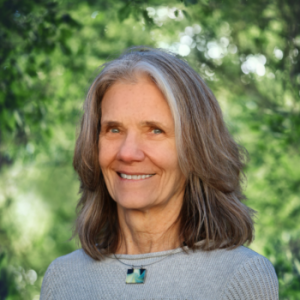
Dr Louise Buck
Louise leads EcoAgriculture Partners’ Innovation in Integrated Landscape Management program, and the Capacity Strengthening Design Team of the 1000 Landscapes for 1 Billion People (1000L) initiative. She is on the faculty of the Department of Natural Resources and Environment at Cornell University and coordinates the Cornell EcoAgriculture Working Group.
Louise’s interests are in strengthening knowledge systems to support community based natural resources management and multi-stakeholder landscape governance, scaling agroforestry and similar conservation-oriented production systems, and facilitating collaborative learning design. She holds a Ph.D. from Cornell University in natural resources, adult and continuing education and development sociology.
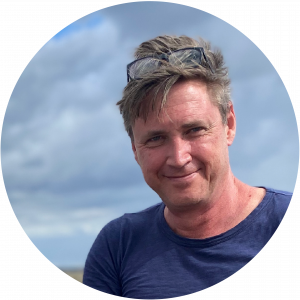
Dr Kim Geheb
Kim, the coordinator of the Central Component of the Landscapes For Our Future programme, is a natural resources management and governance specialist with a 20+ year experience in Southeast Asia and Africa. He has a strong background in common pool resources, transboundary environmental governance, political ecology and innovation systems.
Kim’s experience with large programme coordination and management is significant, and he has a portfolio of over 60 successful research-for-development projects. Kim holds a doctorate from the School of African and Asian Studies at the University of Sussex (UK).
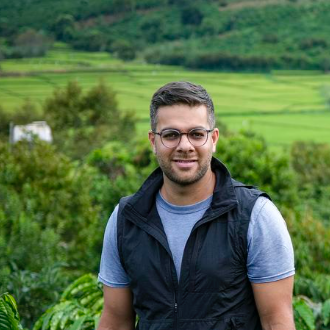
Khalil Walji
Khalil works as a scientist at CIFOR-ICRAF in Nairobi, Kenya. There, he is also a coordinator of the ‘Landscapes for our Future’ programme, which aims to design and implement sustainable and innovative solutions to land-use challenges across 23 funded projects. He was previously a capacity development specialist in FAO’s Department of Forestry, where he focused on a wide range of topics – from people and forests to ecosystem restoration monitoring.He has also served as the deputy coordinator of the Task Force on Monitoring of the UN Decade on Ecosystem Restoration.
Khalil holds a master’s degree in Integrated Studies of Land and Food Systems with a focus on nitrogen cycling, and a BSc in Forest Sciences, from the University of British Columbia.



